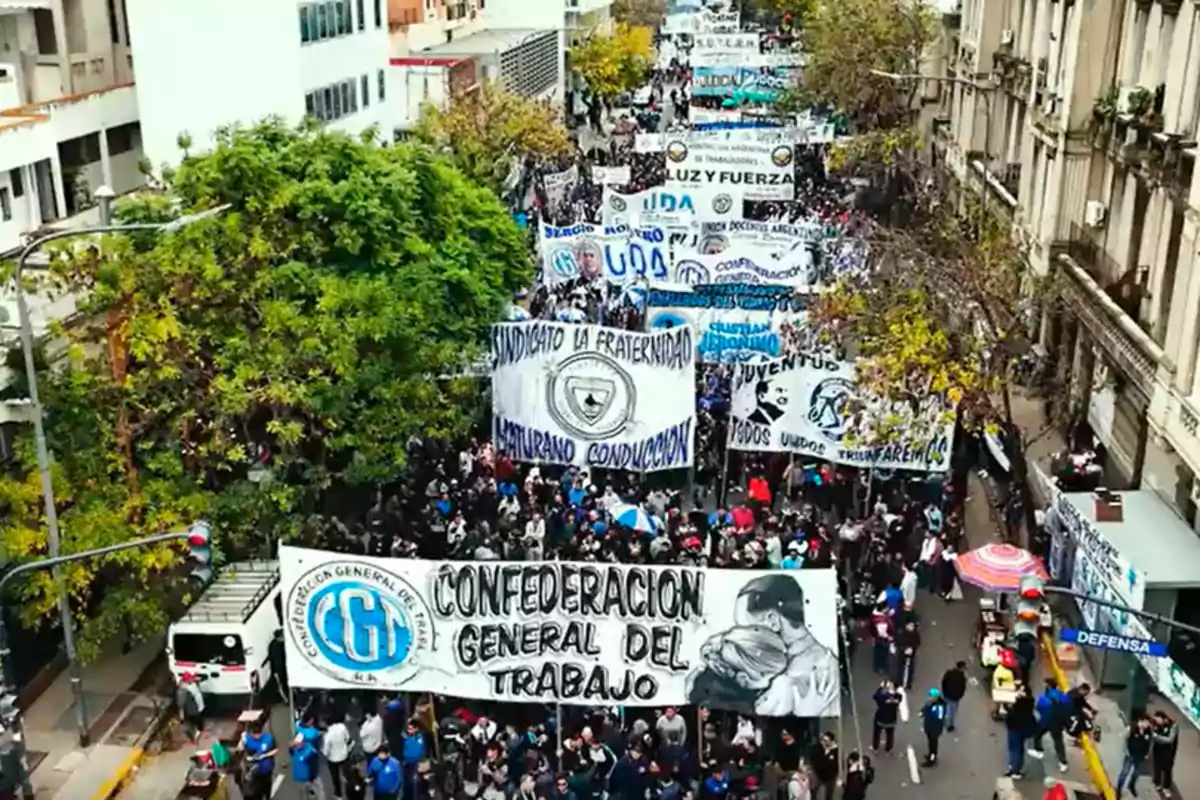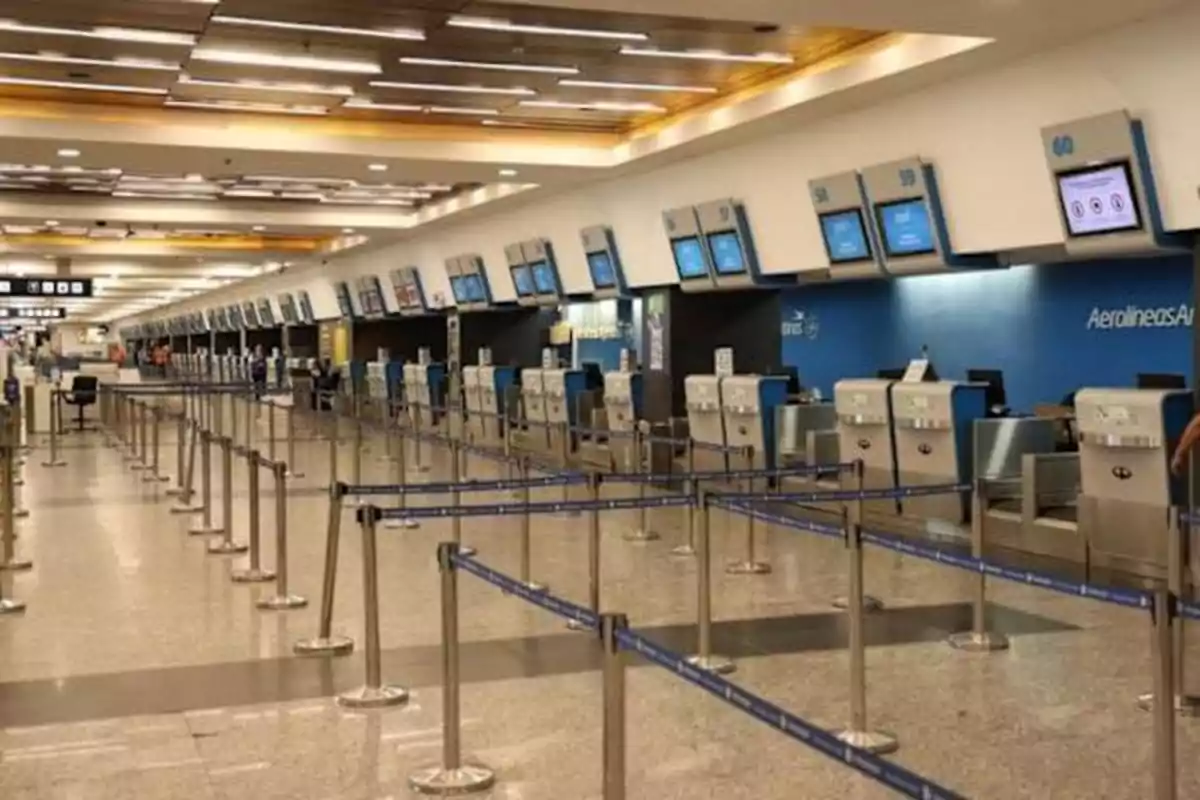
Milei on the podium of presidents who faced a third general strike the fastest
Faced with a third failed strike, Milei was among the most prominent of the presidents after 1983
With broad social support, President Javier Milei faces the third general strike orchestrated by the CGT, in a clear attempt to sabotage the structural change that Argentina needs. The measure, which had a million-dollar cost for the economy, reflects the reactionary actions of a unionism that resists losing privileges.
At 487 days into his term, President Javier Milei—elected with the highest percentage of votes in recent history—becomes the second leader in Argentine democratic history to face a third general strike in such a short time. Only Fernando de la Rúa precedes him on this list, with three strikes in just 182 days.

The strike called for this April 10 by the General Confederation of Labor (CGT), with support from the CTA, resulted in a demonstration with little impact and optimal functioning of businesses. According to a detailed report by the School of Government of the Austral University, from 1983 to date there have been 45 general strikes. Of those, 29 were directed against non-Peronist governments, despite these only accounting for 13 years of management, compared to 28 years of Peronist administrations, which only accumulated 16 general strikes. In other words, non-Peronist presidents faced almost twice as many strikes in less than half the time (64.5% vs. 35.5%).
On January 24, 2024, he faced the earliest general strike ever recorded in democracy for an elected president—just 45 days after taking office—and today, after a record interval of 334 days between the second and third strike, he faces another onslaught without yielding an inch in his roadmap. In comparison, governments like that of Alberto Fernández—who guaranteed indiscriminate increases and uncontrolled subsidies—did not receive a single general force measure from the unions.

Today's strike affected various sectors:
.Trains; a sector where all railway unions confirmed their adherence.
.Subways: There was no service throughout the cegetista day.
.Taxis: the Taxi Drivers' Union also adhered to the measure.
.Airlines: An estimated 45% operability
.Education: The Confederation of Education Workers of the Argentine Republic (CTERA) confirmed its adherence.
.Health: Only emergency services were provided.
Relief came from urban buses, which operated normally thanks to the firmness of the Labor Secretariat, which issued a mandatory conciliation to the UTA. That decision prevented the economic damage from reaching historic levels and allowed citizens to experience the cegetista strike as lightly as possible.
More posts: